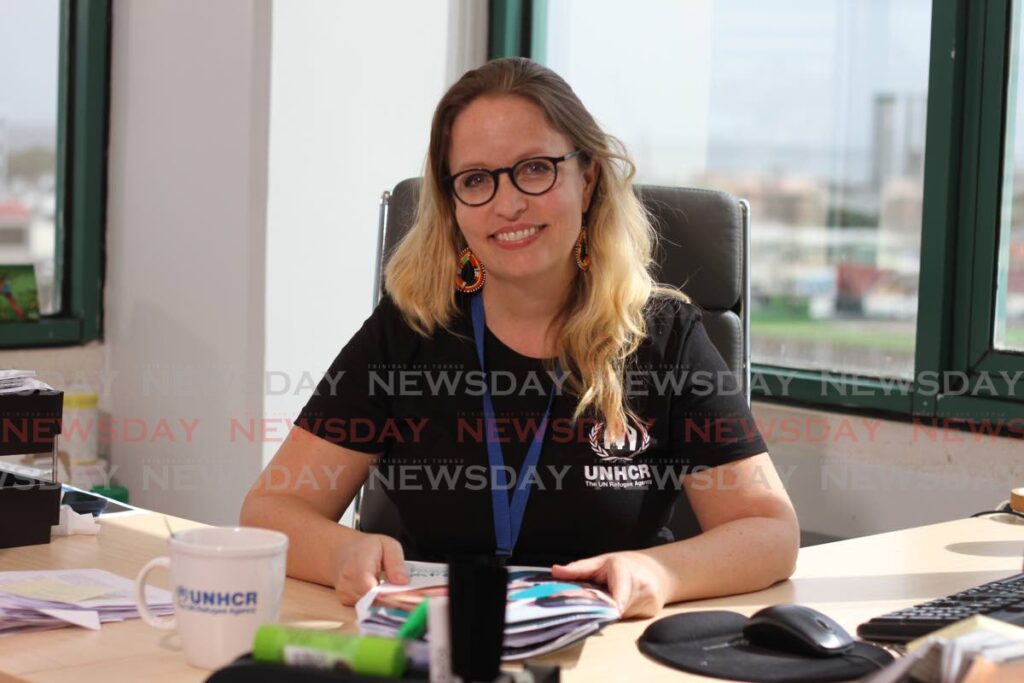Inclusion, education needed for refugees

THE EDITOR: On Tuesday June 20, we marked World Refugee Day in a world that is short on solutions for people forced to flee, in a world that often prevents refugees and asylum-seekers from accessing national services, including the jobs that they need to be self-reliant.
According to the latest Global Trend report published last week by UNHCR, the UN Refugee Agency, nearly 110 million people worldwide have been forced to flee wars, violence, and persecution. That's one in 74 people in the world.
Worldwide, the UNHCR celebrates the strength and courage of the people who have been forced to flee their homes due to conflict or persecution. The theme for 2023 is Hope Away from Home: A World where refugees are always included.
It encourages us to focus on the importance of giving refugees and asylum-seekers the opportunity to rebuild their lives far from their country while contributing to the well-being of their host communities.
This country has over 26,000 asylum-seekers and refugees from 41 countries.
Including them in their host community is key to enabling refugees and asylum-seekers to rebuild their lives and contribute to the local economy. Including them means promoting access to basic services such as housing and healthcare, as well as allowing forcibly displaced and migrant children to enroll in schools.
Inclusion means promoting refugees’ rights to access basic services such as housing and health care as well as allowing displaced children to enroll in schools.
According to the Refugee and Migrant Inter-Agency Coordination Platform (R4V), some 5,100 refugees, migrants, and locals need access to education in Trinidad and Tobago. Of the asylum seekers and refugees registered with UNHCR in the country, some 4,000 – or 18 per cent – are of school age.
Investing in the education of refugees and asylum-seekers can unlock their true potential, and fulfil their dreams of becoming scientists, inventors, teachers, musicians, lawyers and doctors.
Education acts as a powerful tool for the successful integration of refugees and asylum-seekers into society. By providing quality education, countries can give refugee children and adults the skills they need to thrive.
Education fosters language skills, cultural understanding, and social cohesion, creating an inclusive society that celebrates diversity.
However, including forcibly displaced children in the education system does not come without challenges. This issue requires co-operation, innovation, and solidarity. Engagement at the community, country and regional levels by governments, civil society and local and international organisations can help bridge this gap and boost education coverage for all, local and forcibly displaced children.
More than anything, the greatest wish of most refugees is to return home. But in a world short on peace, the next best thing is the chance to regain control of their lives. The chance for opportunities, not handouts. The chance to be self-reliant and use their talents and passions to contribute to the communities hosting them.
And that is why we know that the cost of exclusion is far higher than the cost of inclusion.
Let us commit now to give refugees and asylum-seekers more hope – and more opportunities – while they are away from home.
MIRIAM AERTKER
Head of National Office
UNHCR TT


Comments
"Inclusion, education needed for refugees"